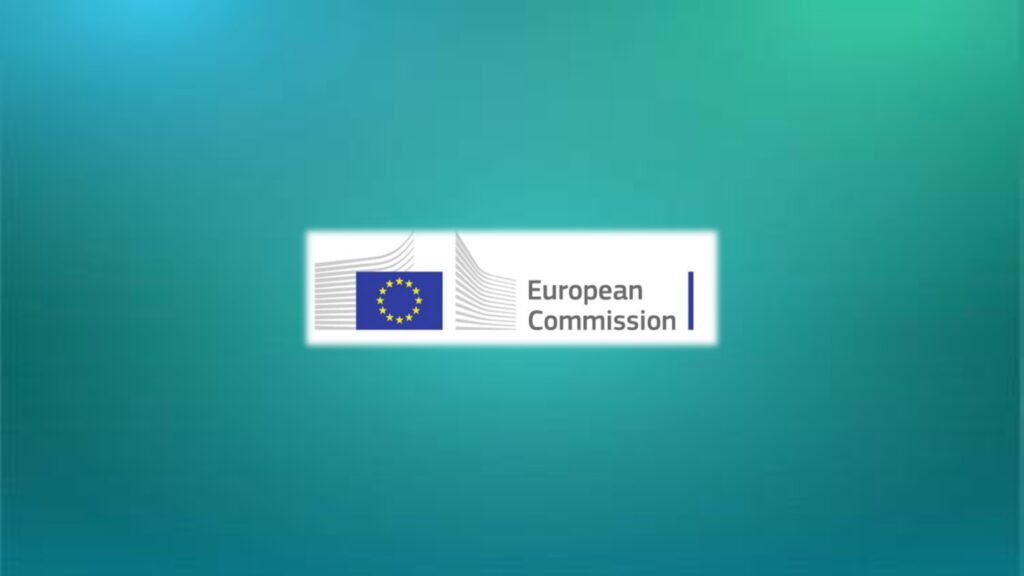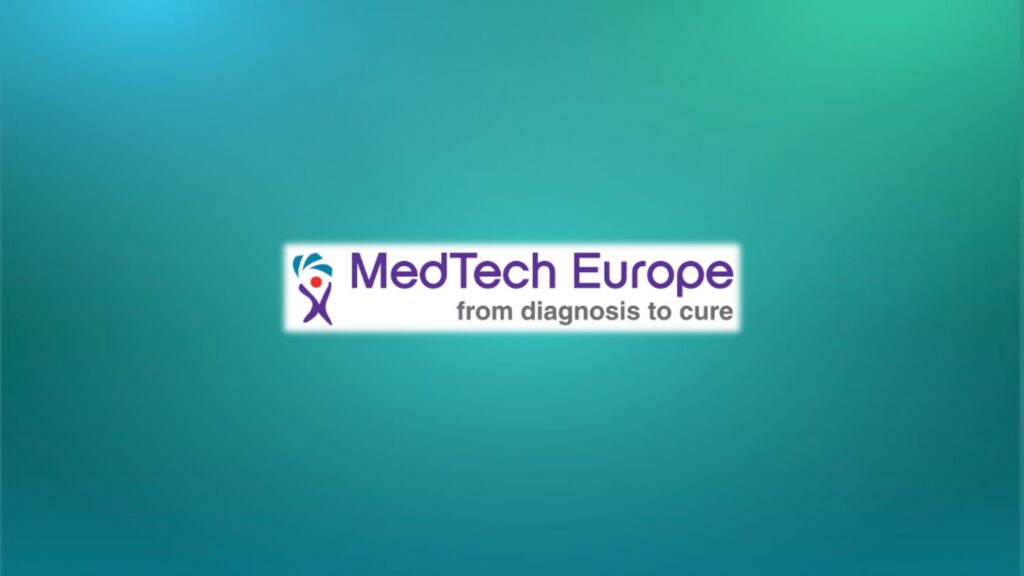Orientação final sobre o uso de Dados do Mundo Real (DMR) em decisões regulamentares para dispositivos médicos
Em dezembro de 2025, a FDA publicou a orientação final (não vinculativa) “Use of Real-World Evidence to Support Regulatory Decision-Making for Medical Devices”. O documento clarifica como a FDA avalia a qualidade dos Dados do Mundo Real (DMR) para determinar se podem originar Evidências do Mundo Real (EMR) para decisões regulamentares, e substitui a orientação de 2017. A orientação aborda, em particular: Nota prática: a FDA indica que poderá ser necessário até 60 dias para operacionalizar estas recomendações. Mais informação aqui.



